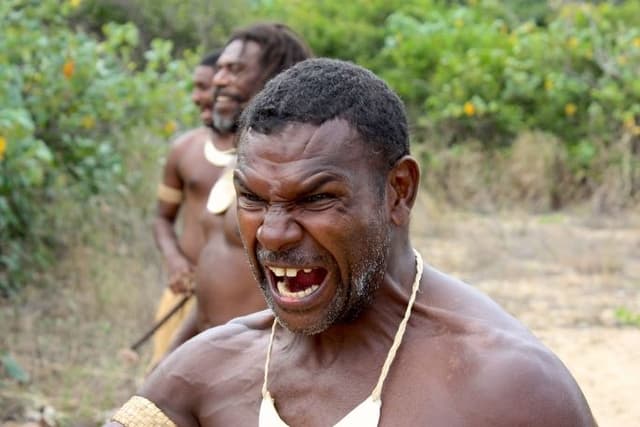
Blue Water Empire - Episode 1
Lesson1 of 3 in this unit
SecondaryYear 8 - 10Humanities and Social SciencesGeographyHistoryCivics and CitizenshipAboriginal and Torres Strait Islander Histories and CulturesSocialIndigenous Education
Summary
Lesson Guides and Printables
Lesson Plan
